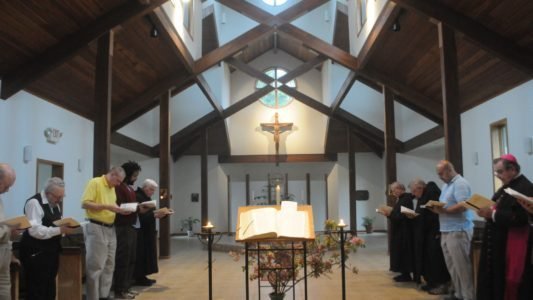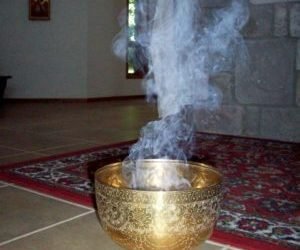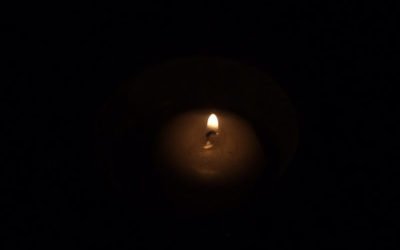Monday Housekeeping
Monday Housekeeping – Daily life at St. Augustine’s House –
The Daily Office, Divine Office, or Liturgy of Hours, are various names for the non-Eucharistic liturgies that the Church, especially in monastic communities, has prayed daily for centuries.
Martin Luther combined Vigils and Lauds to make a morning prayer, and Vespers and Compline into an evening prayer, so that all Christians could enter into the daily prayer pattern that he did not believe should be limited to monastic communities. It has been said that Luther did not seek to secularize the monasteries so much as he sought to monasticize the secular.
The English Book of Common Prayer borrowed Luther’s merged offices and helped codify Morning Prayer and Evening Prayer as regular liturgies of the non-monastic Church. These remain today and names for these liturgies can overlap. For example, sometimes the Vespers-Compline combined liturgy is named Vespers, although it includes more than the traditional Vespers office. Matins, though often the name given for Vigils alone, in the English tradition is often used to designate the combined office of Vigils and Lauds.
After Vatican 2, the Roman Catholic English names for the Liturgy of the Hours changed so that Vigils became the Office of Readings, to be observed at any time of the day. Lauds is called Morning Prayer, Vespers called Evening Prayer, and Compline called Night Prayer. Prime was “suppressed” and religious communities no longer required to observe seven offices, but four, although many communities maintain all seven including their traditional names as we do at St. Augustine’s House.
NEXT TIME: Vigils



